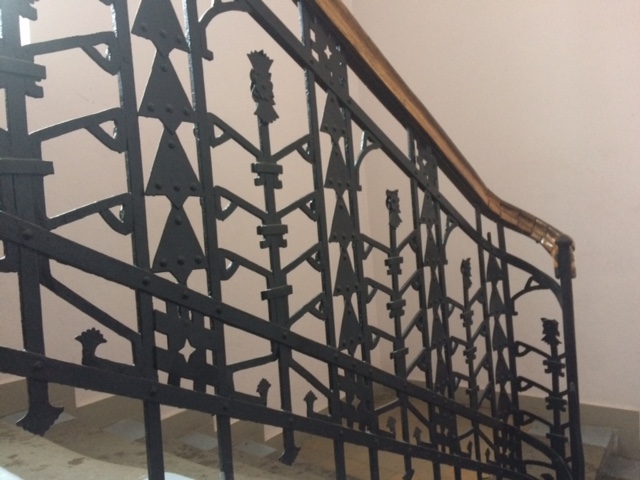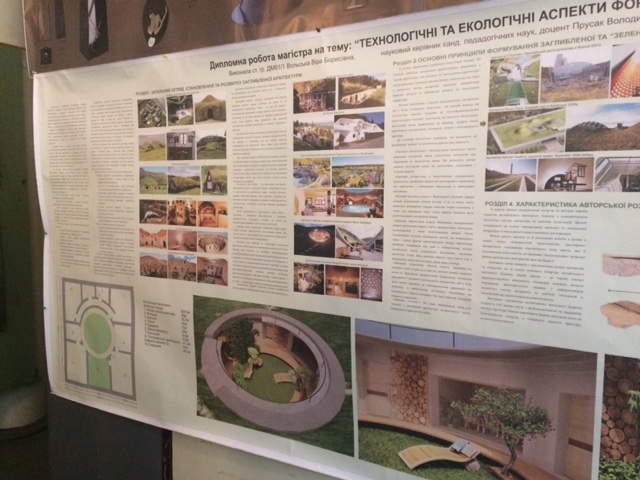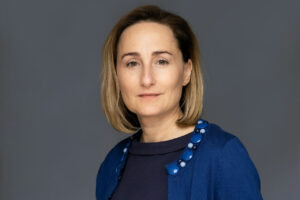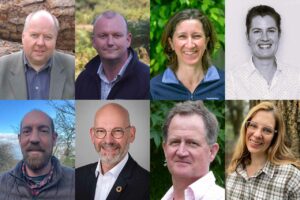Professional Member Amanda Bryan MICFor visited Ukraine at the end of January 2017.

As Programme Leader for the new Honours Degree in Forest Management at the Scottish School of Forestry (SSF), Inverness College UHI, I was invited by Dr Dan Ridley-Ellis from Napier University to join the fact finding British Council funded visit to Ukraine in January 2017, which Andrew Heald MICFor has already reported on for the Institute of Chartered Foresters. My aim was to explore how SSF can develop education and research links with forest education institutes in Ukraine.
As Andrew Heald MICFor set out in his article, Ukraine has extensive hardwood forests, particularly in the North West of the country, which are intensively managed to produce a range of products. The forestry and timber processing sectors, impressive in their own rights, are keen to extend their international linkages and to learn from others. The same could be said for education and research in this sector.

The scale of forest education in Ukraine is significantly larger than in the UK. During the visit we were hosted by the Ukrainian National Forest University (UNFU) in L’viv. The University, the largest of the three Universities in Ukraine currently offering forest and timber technology education, which was originally founded in 1874. It now has around 3,600 students studying on its city based campus. Their campus has 7 main buildings and is supplemented by an area of working forest on the outskirts of L’viv for practical forest management skills and also a teaching ‘summer school’ in the North of the Carpathians for ecological field work. The numbers of teaching staff are equally impressive with 34 professors and 387 lecturers spread across four institutes.
The ethos of the University is captured in its motto, ‘Ad naturam vivere discimus’ (In harmony with nature) and this underpins their approach to greening the curriculum in order to deliver sustainable forest management and reduce over-exploitation of the country’s forest resources. We met staff and students from the four institutes which cover Forestry and Park & Garden Management, Woodworking Technology and Design, Ecological Economics and Management and Engineering Mechanics, Automation and IT. Essentially they cover everything relating to forestry and timber processing on a practical level but while delivering applied and academic research.
In March 2017, we were able to welcome a return party from Ukraine to Inverness and Edinburgh, with Ms Khrystyna Iushkevych, Head of the Ukrainian State Forest Resources Agency, leading the delegation of 7. They spent considerable time at the Scottish School of Forestry, Napier University, and Forest Research, as well as visiting Norbord at Dalcross and Makar in Inverness. This provided an opportunity to consolidate relationships and to explore potential collaborations.
At SSF we are now developing plans for our degree students to have a field visit to Ukraine in September 2018 which will broaden their exposure to forest management and timber processing in a very different environment. It will be particularly interesting to learn about issues around international export and trade with the EU, given our position with Brexit and Ukraine’s experience of bordering the EU. We are also exploring possible student exchanges through Erasmus, although language barriers need to be overcome and further development of research and shared online teaching materials is required. The initial approach from Ukraine was on the basis that they have much to learn from us as they are particularly interested in our approach to forest planning but I would contend that we have just as much to learn from them.

Disclaimer: The views and opinions expressed in this article are those of the author and do not necessarily reflect the views of the Institute of Chartered Foresters.






